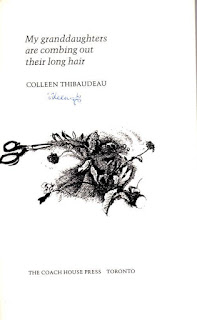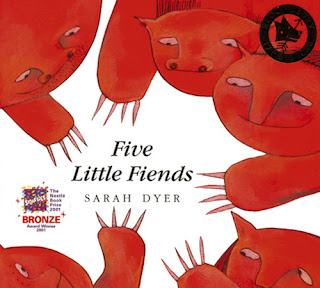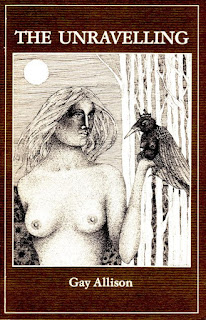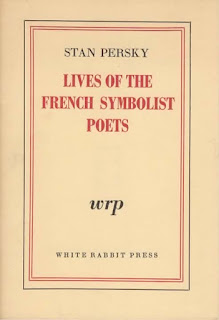Erratics
"Odd Blocks" — it's the opening poem to Kay Ryan's The Best of It: New and Selected Poems.
[...]Self and landscape — also applicable to the elements of the poem and the poems of the book. Embedded in the middle of "Odd Blocks" is the statement that marks both a beginning and an ending: "Order is always / starting over." A set of lines that sticks out in its own way with a different lithology.
glacier-scattered
thousand-ton
monuments to
randomness become
fixed points in
finding home.
[...]
And why not
also in the self,
the odd blocks,
all lost and left,
become first facts
toward which later
a little town
looks back?
Erratic: An erratic is a boulder transported and deposited by a glacier having a lithology different than the bedrock upon which it is sitting. Erratics are useful indicators of patterns of former ice flow.
And so for day 2210
31.12.2012














